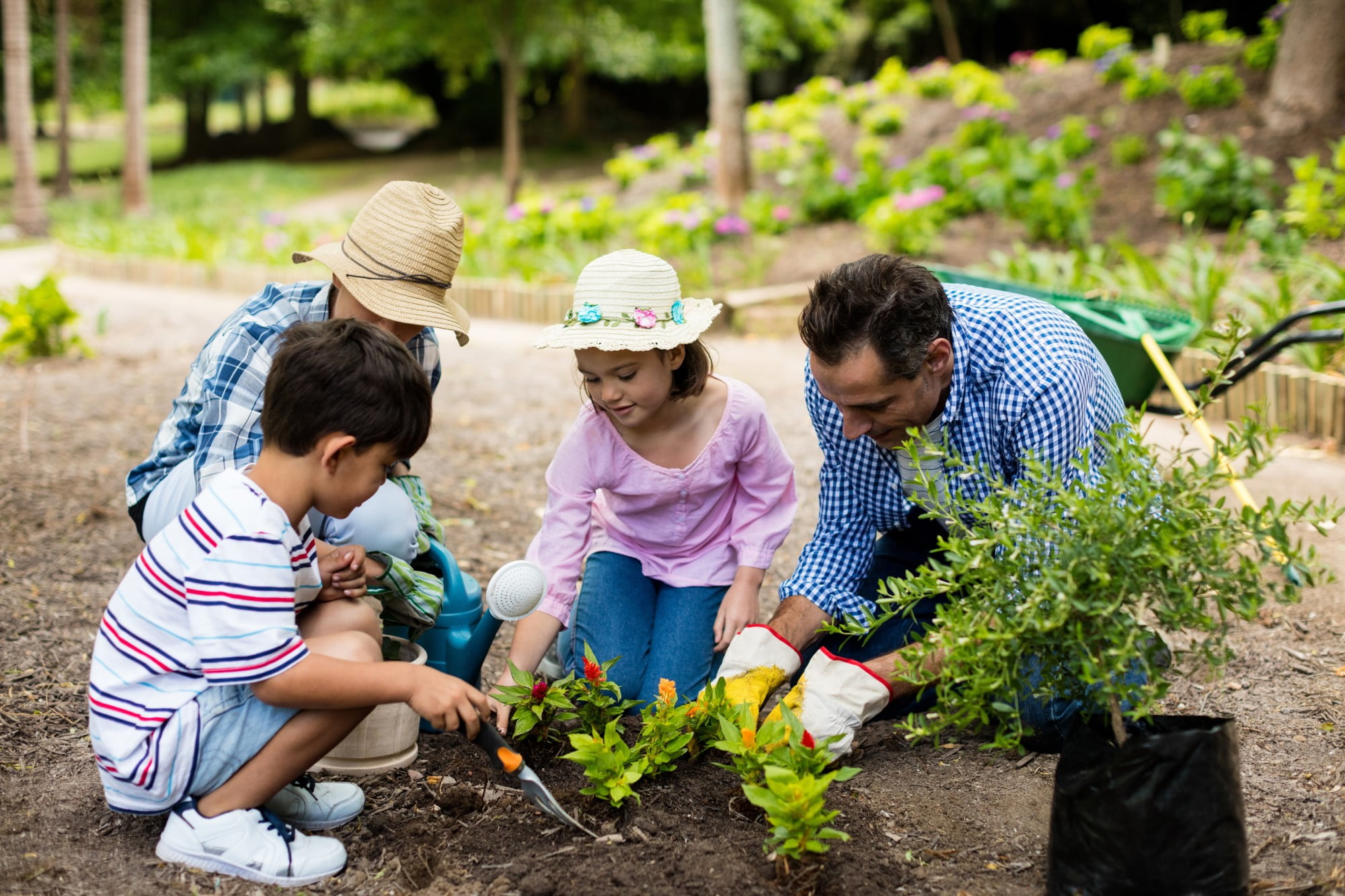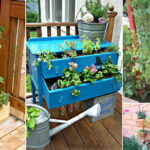Gardening has long been embraced as a cherished pastime for many, transcending mere horticultural practice to become a significant emotional and psychological sanctuary for individuals across diverse backgrounds. Understanding how people feel about their gardens requires delving into the intricate emotional landscapes that gardening cultivates, offering insights into the human psyche’s interplay with nature. Through an analysis of personal opinions, this examination seeks to unravel the multifaceted relationship individuals maintain with their gardens, encompassing their joys, frustrations, and transformative benefits.
The garden, as a personal space, often emerges as a canvas upon which individuals project their aspirations, nostalgia, and environmental stewardship. Not only do these spaces facilitate individual expression, but they also foster a collective ethos of community, connection, and belonging. The multifarious emotions entwined with gardening merit a closer inspection, particularly as urbanization and technological advancements continue to reshape spaces traditionally associated with cultivation.
Ultimately, the thoughts and sentiments individuals harbor concerning their gardens can reflect broader societal trends and personal inner struggles, warranting a nuanced exploration of the emotional ramifications of gardening.
The Emotional Resonance of Gardens
Much has been articulated regarding the therapeutic advantages of engaging with nature, and gardens serve as primordial sanctuaries within this discourse. A multitude of empirical studies has demonstrated that gardening can significantly alleviate anxiety and depression, offering a refuge for those seeking solace in a fast-paced world. The tactile experience of planting seeds, feeling soil between fingers, and witnessing the gradual metamorphosis of flora fosters a profound sense of accomplishment and patience. This connection to growth encapsulates intrinsic values such as diligence, hope, and the beauty of cyclical nature.
For many, the act of tending to plants cultivates a profound sense of agency. A garden represents a realm where individuals can exert control amidst life’s uncertainties, creating a microcosm that mirrors their desires and aspirations. This notion resonates particularly well in urban contexts where environmental degradation and social disconnection prevail. The personal investment in nurturing plants can be viewed as an embodiment of individuals reclaiming their relationship with the natural world—which, in many instances, has been relegated to the sidelines of modern existence.
However, it is critical to recognize the challenges that accompany gardening. The labor-intensive nature of cultivating, harvesting, and maintaining a garden can evoke frustration when results do not align with expectations. Seasoned gardeners often encounter a cycle of joy interspersed with disappointment, especially when confronted with pestilence and environmental challenges. Thus, while gardens serve as vessels of emotional refuge, they can also function as arenas of struggle and disillusionment, revealing the complexities of human experience within this intimate setting.
Identity and Belonging in Garden Spaces
Personal gardens can be viewed as extensions of individual identity, shaped by cultural inclinations, personal history, and environmental philosophies. In many cases, gardens serve as manifestations of familial legacies, where particular plants and gardening styles are passed down through generations. In this regard, gardens encapsulate storytelling—a narrative arc steeped in nostalgia and shared experiences.
Women, in particular, have historically engaged in gardening as a means of establishing autonomy within domestic spheres. The act of cultivating one’s garden enables women to reclaim their agency, reinforcing their role as creators and nurturers within a societal framework often constricted by traditional gender norms. This empowerment through gardening manifests not only in the flora being cultivated but also in the broader implications for women’s rights and environmental advocacy. As women increasingly occupy roles in environmental activism, their gardens serve as platforms for promoting sustainable practices and local biodiversity. The garden transitions from a mere aesthetic refuge into a strategic influence for ecological stewardship.
Gardening also provides a sense of belonging and community. Community gardens have emerged in urban centers as vital spaces for fostering relationships among neighbors, particularly in areas adversely affected by social fragmentation. These shared plots encapsulate collective memory and responsibilities, allowing participants to forge connections over produces, share techniques, and partake in communal decision-making. The emotional impetus behind cultivating a community space can create a robust network of support, reinforcing both individual well-being and collective solidarity. In this respect, gardens materialize as pivotal nodes for social interaction in increasingly segregated environments.
A Contemporary Perspective on Gardens
In an era characterized by climate change debates and ecological awareness, gardens assume a multifaceted role as educational laboratories that influence public perceptions about sustainability and environmental safeguarding. The growing movement toward organic gardening has engendered a shift in how individuals approach their home gardens. A deepening understanding of biodiversity, pest management, and organic growing practices has transformed personal gardening endeavors into expressions of ecological values.
As individuals intertwine their personal beliefs with their gardening practices, gardens evolve into platforms for a broader dialogue concerning sustainability and responsibility. The desire to cultivate native plant species, engage in permaculture, or utilize rainwater harvesting systems transcends mere aesthetics; such practices resonate deeply with a commitment to fostering environmental resilience. Thus, the emotional dimension of gardening now intersects with an ethical imperative—encouraging individuals to participate actively in preserving their ecosystems.
Moreover, digital technology has significantly altered people’s feelings towards gardening. Online platforms and social media have proliferated, facilitating the rapid dissemination of gardening knowledge while creating communities of like-minded enthusiasts. The newfound accessibility of gardening resources has democratized practices, allowing novice gardeners to seek solace and support from experienced mentors across the globe. Consequently, the emotional engagement associated with gardening is increasingly informed by a shared virtual experience, broadening the horizons of connection and inspiration.
Conclusion: The Garden as a Microcosm of Life
As an exploration of personal opinions surrounding gardens reveals, these verdant spaces hold profound emotional significance for many. They act as sanctuaries of respite, vehicles for self-expression, and arenas for communal bonding and ecological stewardship. The intricate tapestry of feelings associated with gardening echoes broader themes of identity, anxiety, hope, and resilience in a world continually grappling with environmental upheaval and societal fragmentation.
Gardens encapsulate the human condition within their embrace, offering opportunities for understanding oneself and one’s place within the natural world. As individuals navigate the complexities of life, the garden remains a steadfast ally—a space that reflects the ebbs and flows of human emotion, resonating deeply with an enduring desire for connection, growth, and harmony.









Leave a Comment